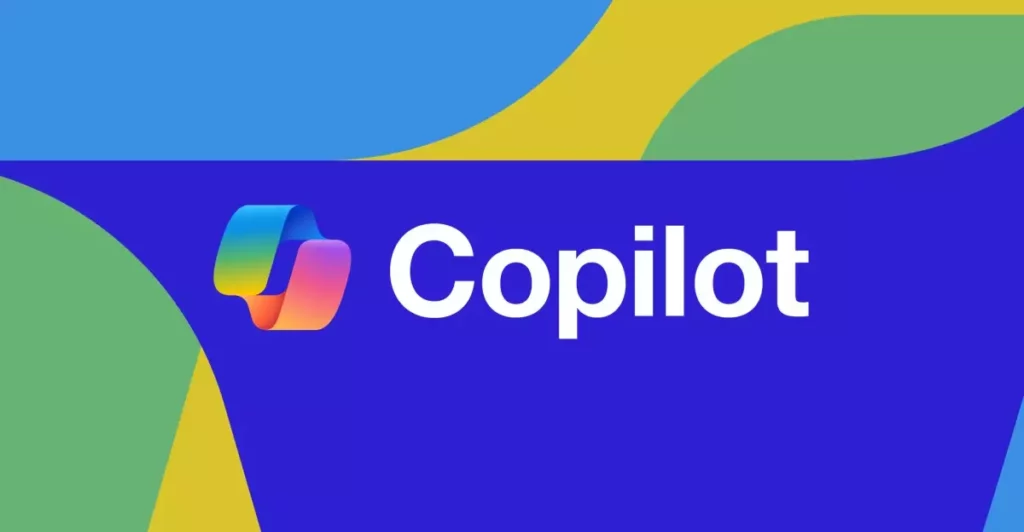In the frantic pace of modern technological evolution, Microsoft’s recent strides with its AI assistant, Copilot, illustrate an unsettling shift toward hyper-personalization. As we commemorate Microsoft navigating through 50 years of innovation, its updated offerings in Copilot feel like an overwhelming embrace – or perhaps a stifling hug – into the intimate realms of our digital lives. By introducing features such as memory capabilities—where Copilot can retain user preferences and significant dates—it poses an intriguing yet troubling dynamic. The ability of an AI to intertwine itself into the very fabric of personal experiences can evoke excitement mingled with apprehension. How close is too close when it comes to technology’s intrusion into our most cherished memories?
The promise of personalized interactions elevates Copilot into a position once solely occupied by trusted friends or confidantes. However, it raises critical societal questions. With machines retaining such information, are we preparing for a reality where we become utterly dependent on AI for emotional affirmations and recollections? The convenience offered by Copilot might inadvertently foster a sense of detachment from our real relationships, as people lean on algorithms instead of fellow humans for companionship. The emphasis on tailored user experiences, while innovative, unleashes a Pandora’s box of implications concerning privacy, autonomy, and vulnerabilities.
Human vs. AI: A New Paradigm of Labor
Moreover, Copilot’s progression marks a significant leap in redefining the nature of work—a shift that may not necessarily benefit the workforce. With new features allowing Copilot to perform complex web tasks such as booking events or making restaurant reservations, it heralds a potential overhaul of traditional job functions. The convenience of streamlined tasks could be alluring, but beneath the surface lies a precarious dialogue about job security and the impact on livelihood.
While proponents hail the overruling efficiency of AI, centrist thinkers may perceive this trend with skepticism. As companies embrace these newfound capabilities to cut costs and enhance productivity, the vibrant creative roles individuals once held may dissipate into the abyss of automation. Microsoft’s movements are not merely paving paths to productivity; they are nudging the workforce closer to obsolescence. The glorification of AI in the workplace raises one central question: Will we allow technology to suffocate our job opportunities under the guise of efficiency?
The Visual Intelligence Quandary
Further complicating this landscape is the rollout of Copilot Vision, an AI feature engineered to interpret visual information—a move reminiscent of the aspirations of science fiction. While the ability to have an AI analyze documents or provide insights about captured images sounds like something dreamt up in a tech utopia, the implications are existentially complex. Is our reality becoming a supervised space for AI analytics, where human observation takes a backseat to machine interpretation?
The thought of an AI being involved in decision-making—either personal or organizational—invites mistrust. Relying on algorithms to interpret complex visual information and provide insights might result in a distorted reality, where the nuances of human perception and context are lost. What happens to critical analysis when one cedes judgment to an AI? Ironically, as we expect Copilot to understand our surroundings, are we more likely to let go of our own discerning faculties? This continuous reliance could ultimately blur the lines of human intuition and foster an unhealthy dependency on tech-assisted perceptions.
The Dilemma of Data Overload
In conjunction with the deep research capabilities introduced with Copilot, we can anticipate another unexpected challenge unfolding: the data deluge. Sifting through extensive datasets to provide insights sounds beneficial; however, what about the intrinsic ability to distinguish noise from signal? With the internet teeming with misinformation and ambiguity, how do we trust an AI to sift through endless information and suggest conclusions?
The seamless integration with search engines like Bing showcases a future filled with instant knowledge. But here lies another stain on the fabric of critical thinking—if AI serves up curated information, will we simply accept it without questioning the accuracy? The ebb and flow of knowledge may soon shift from an innovative exploration to an automated dissemination, where thorough research and contemplation are replaced by hastily accepted data points.
The Transformative Reality of Individuality
Yet another noteworthy layer lies in the projected ability for users to customize Copilot’s persona and operational framework. The whimsical idea of creating an AI with personality traits or aesthetics seems entertaining, but it carries significant weight. With customization comes the risk of creating echo chambers—what happens when our AIs reflect only our biases and echo our preferences, amplifying our entrenched viewpoints?
While personalization undoubtedly enriches user experience, it may also inhibit robust dialogue and challenge. As we forge deeper relationships with AIs, the concern remains: will our self-styled algorithms guide us toward growth, or will we find ourselves ensnared in a comforting cocoon, insulated from diverse perspectives? The essence of Copilot’s evolution captures the intricate balance we must navigate—one where technology enhances the human experience without encroaching upon it completely.









Leave a Reply